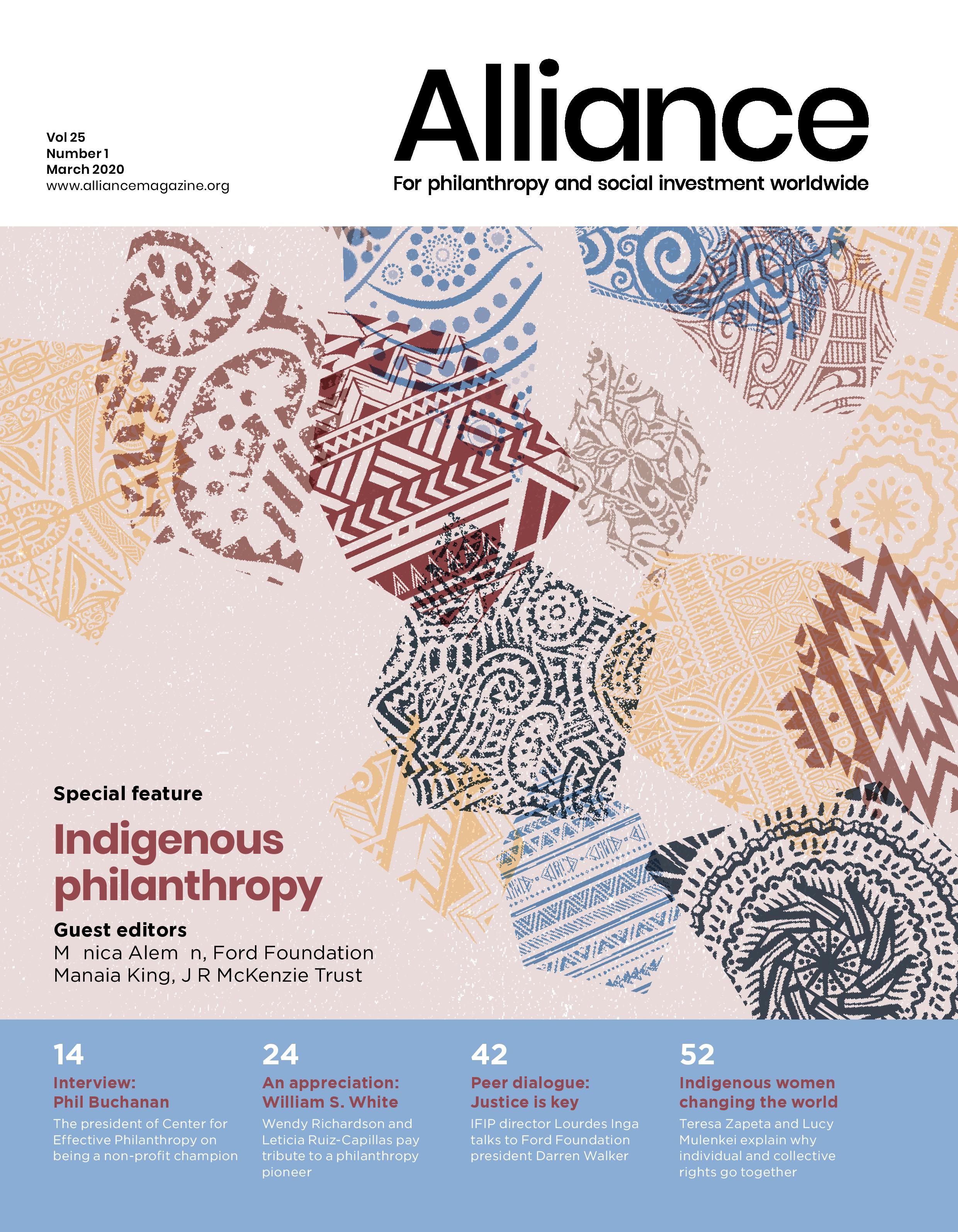Alliance magazine’s special feature on Feminist philanthropy (Alliance, December 2019) set out a picture of philanthropists sat uncomfortably between the age-old knowledge that women and girls face disadvantage and discrimination because of their sex, and the new idea that being a man or a woman (or both or neither) is a self-defined gender identity.
At the breakfast event on feminist philanthropy, I raised the question of whether the fashionable new orthodoxy really serves women and girls well. The answer I was given was that talking about sex as a binary is exclusionary and plays into the hands of conservative ‘anti-rights’ movements that stand against reproductive choice, and lesbian and gay rights.
This view ignores the grassroots movement that has sprung up to defend sex-based rights. In the UK groups such as Woman’s Place, Fairplay for Women and the LGB Alliance have self-organised because few established organisations have been willing to step into this debate. This movement has been funded not by conservative (or progressive) donors, but by thousands of ordinary people putting twenties in the electronic hat. Just before Christmas it got a boost when author J.K. Rowling spoke up, sparking off hundreds of thousands of conversations about a topic that had been taboo.
By ignoring those with concerns about ‘gender identity’ replacing sex, philanthropists and NGOs are contributing to an environment where women are afraid to speak up, for fear of losing their jobs and their safety. Sector leaders should make space for open and evidence-based debate on how to reconcile women’s rights and the human rights of transgender people. It is critical not just for equality but for civil society and democracy.
Maya Forstater
Researcher and campaigner





Comments (0)